Oncology
Oncology is a medical specialty that deals with the prevention, diagnosis, and treatment of cancer. Additionally, the Oncologists are medical professionals who specialize in the management of cancer and work closely with a multidisciplinary team of medical professionals such as surgeons, radiologists, and pathologists.
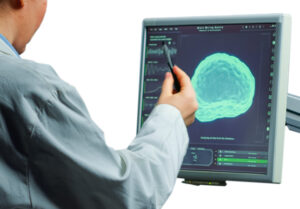
What is the field about?
Oncology is about fighting cancer, a disease where cells in the body grow too much and form lumps called tumors. Furthermore, Oncologists are doctors who specialize in understanding and treating cancer. Additionally, they use different methods like medicine, surgery, and special treatments to help people get better. Moreover, oncologists work closely with other healthcare professionals to provide comprehensive care for cancer patients.
They collaborate to develop personalized treatment plans tailored to each patient’s needs. Ultimately, their goal is to help patients fight cancer and regain their health and well-being.
What are the Types of Cancer Treatment?
There are different ways to treat cancer, like cutting it out with surgery, using strong medicines called chemotherapy, and using high-energy rays called radiation therapy.
Additionally, boosting the body’s defenses with immunotherapy and targeting specific parts of cancer cells with targeted therapy are also common methods. Each treatment has its own benefits and side effects, and doctors will choose the best approach or combination of approaches based on the type and stage of cancer and the patient’s overall health.
What is the Role of an Oncologist?
An oncologist is a doctor who helps find out if someone has cancer and figures out the best way to treat it. Additionally, they work closely with other doctors and nurses to provide the best care possible. Together, they create treatment plans tailored to each patient’s needs, aiming to provide support and guidance throughout the entire journey of cancer diagnosis and treatment.
What Can I Do to Prevent Cancer?
While not all cancers can be prevented, living a healthy lifestyle can lower the chances of getting cancer. By not smoking, eating nutritious food, maintaining a healthy weight, staying physically active, avoiding excessive alcohol consumption, and protecting the skin from the sun’s harmful rays, individuals can reduce their risk. Furthermore, getting regular check-ups and tests can help catch cancer early, when it’s easier to treat and manage. These habits can contribute to overall well-being and decrease the likelihood of developing cancer.
Treatment Plans
- Paediatric Cardiology 20
- AICD Implantation 30
- Bental Operation 40
- Coronary Angiography 50
- Aortic/Mitral Mechanical Valve 70
- Combo Device Implant 20
- Left Ventricular Assist Device 30
- Paediatric Cardiology 20
- AICD Implantation 30
- Bental Operation 40
- Coronary Angiography 50
- Aortic/Mitral Mechanical Valve 70
- Combo Device Implant 20
- Left Ventricular Assist Device 30
Frequently Asked Questions
Doctors
Service Recipient Says

Travelling from Bangladesh, Treatians facilitated my stomach cancer treatment at Fortis Hospital. Their dedicated support and Fortis' exceptional medical care were instrumental in my successful recovery. I appreciate Treatians for making my health journey seamless and reassuring
Aashini Khan Bangladesh
For my thyroid cancer treatment, Treatians became my trusted guide from Cambodia to India. Their efficient coordination and the expertise of doctors at Fortis Hospital ensured a successful outcome. Treatians turned my medical travel experience into a comforting and well-managed journey
Chenguth Cambodia



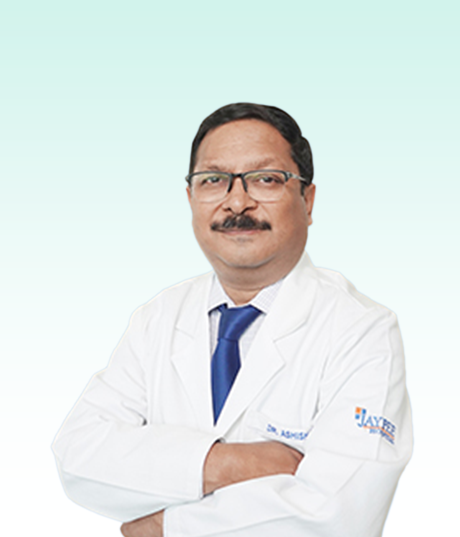
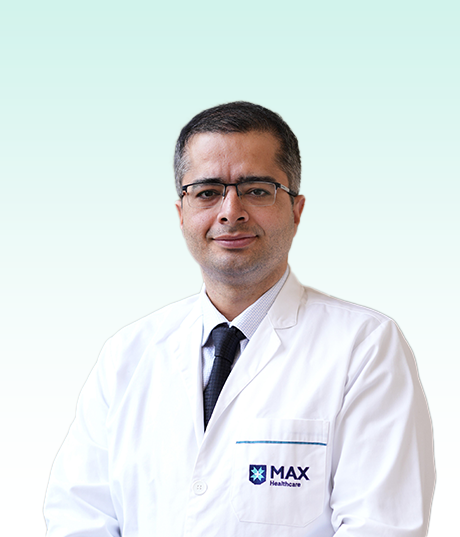
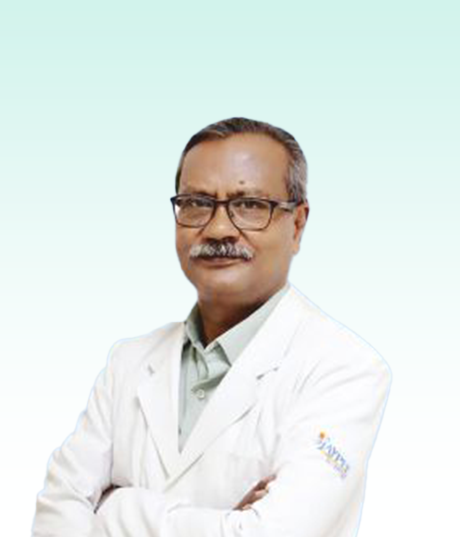
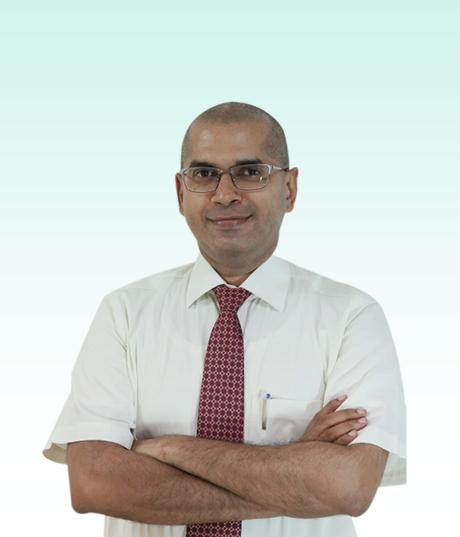
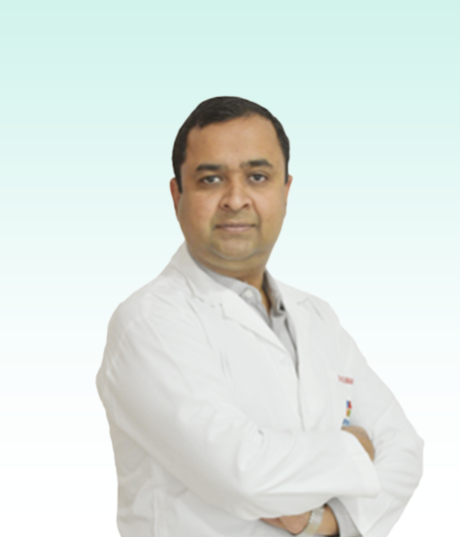
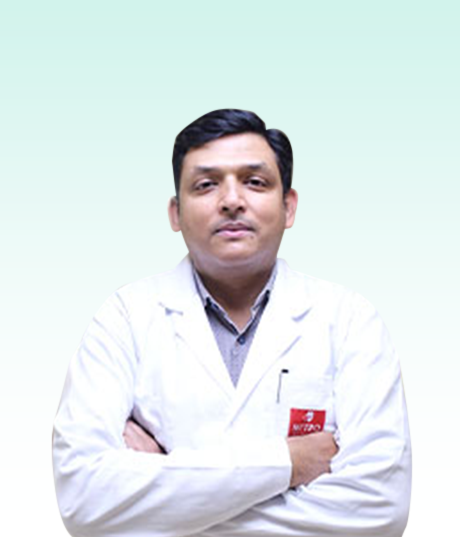
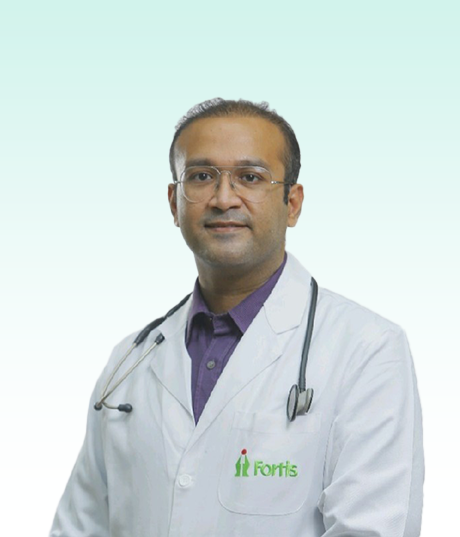
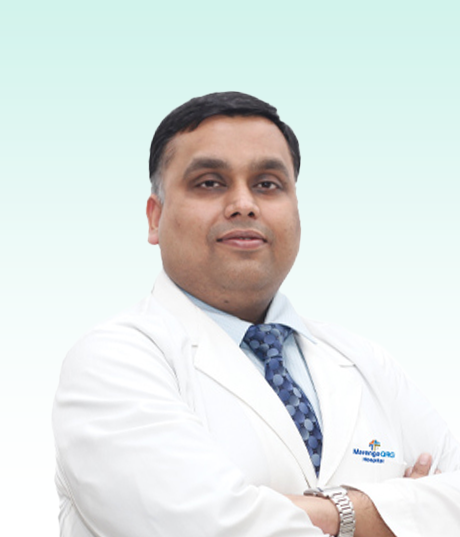
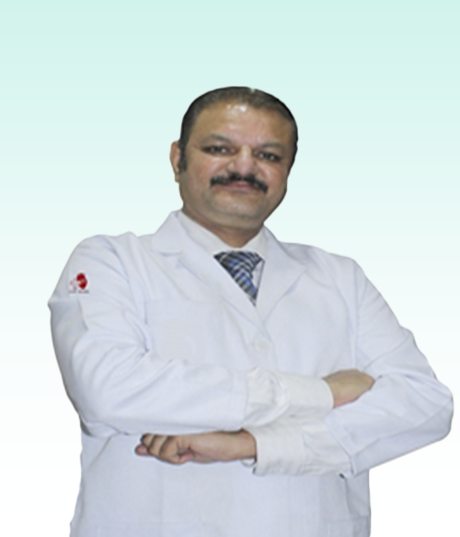
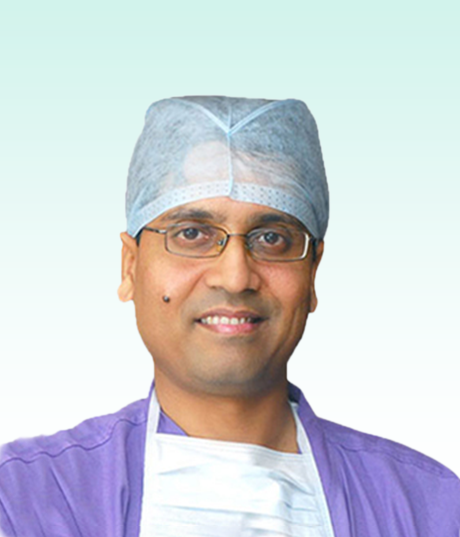
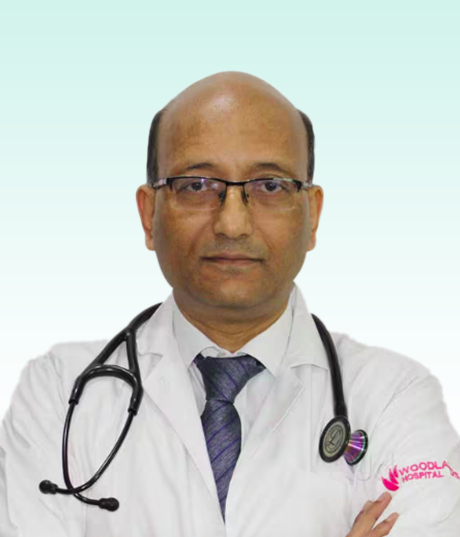



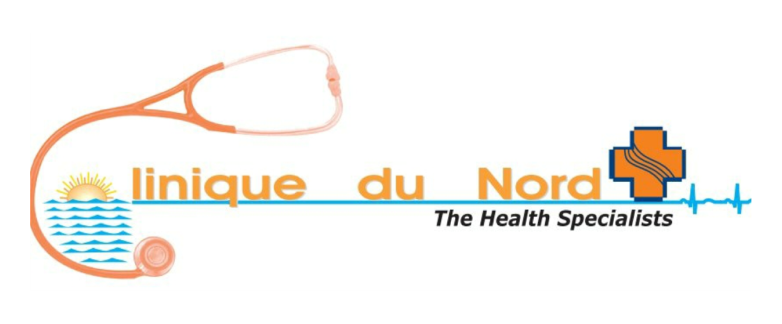
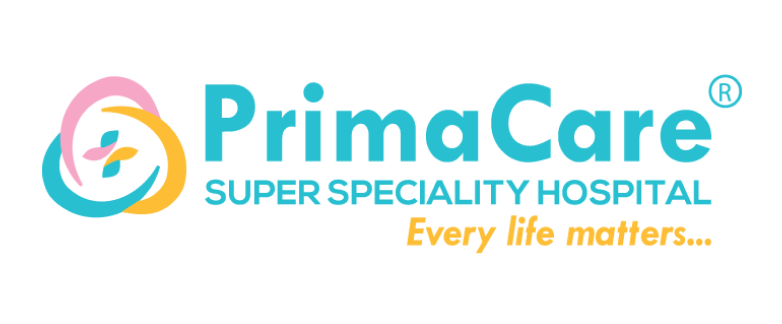


Treatians guided me from Bangladesh to Apollo Hospital in India for kidney cancer treatment. Their meticulous planning and Apollo's advanced care were crucial in my recovery. I am grateful for Treatians, turning a challenging medical journey into a well-managed and positive experience.
Rashid Muhammad Bangladesh